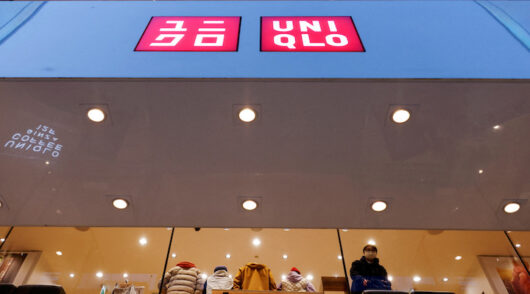A sale of the Tesco Asia business by its UK parent would prioritise shareholders over sound long-term economic strategy, says GlobalData.
Over the weekend, Tesco announced it had received an expression of interest from an unnamed party to acquire the Tesco business in Malaysia and the Tesco Lotus operation in Thailand. The company has subsequently launched a review of options for the Tesco Asia operations.
Hakan Demirci, consumer analyst at GlobalData, described a sale as outgoing CEO Dave Lewis’s plan to appease shareholders with a reported valuation of £7.1 billion for the 2000 stores.
However, he said this would neglect the long-term importance of Asia to Tesco.
“Selling its Asian business would be welcomed by Tesco’s shareholders, who would be granted higher returns on their investments if it were to go through. Tesco has done this before, having sold its Chinese and Japanese stores in 2013 and most recently its South Korean business in 2015. However, these markets were relatively developed and consolidated, with little room for growth in the retail sector.
“Tesco’s Malaysian and Thai sectors have been constant sources of sustained success, with profit margins the highest at 6 per cent compared to the UK business’s margins of 3 per cent.”
He said the Malaysian food and grocery market is set to grow from now through 2022 with a compound annual growth rate (CAGR) of 9.9 per cent. Likewise, the Thai food and grocery market will grow at a smaller, yet still significant CAGR of 4.5 per cent over the same period – representing a significant opportunity for Tesco to expand its business.
“If these markets were to be sold, Tesco would be left with operations in the UK, Ireland and Central Europe. This would leave the group vulnerable as it loses its benefit of regional diversification, resulting in a less dynamic and flexible company.
“This vulnerability would leave the group exposed, as it continues to lose share against the meteoric rise of discounters in both the UK and Ireland such as Lidl and Aldi, which GlobalData expects will continue to gain market share throughout 2020,” he said.
“Finally, Tesco’s operations in Malaysia and Thailand could serve as a springboard for emerging regional neighbours, namely Indonesia, the Philippines and the rest of south-east Asia. These markets offer Tesco the ability to become a truly global player outside of their strongholds in the British Isles and Central Europe.”






